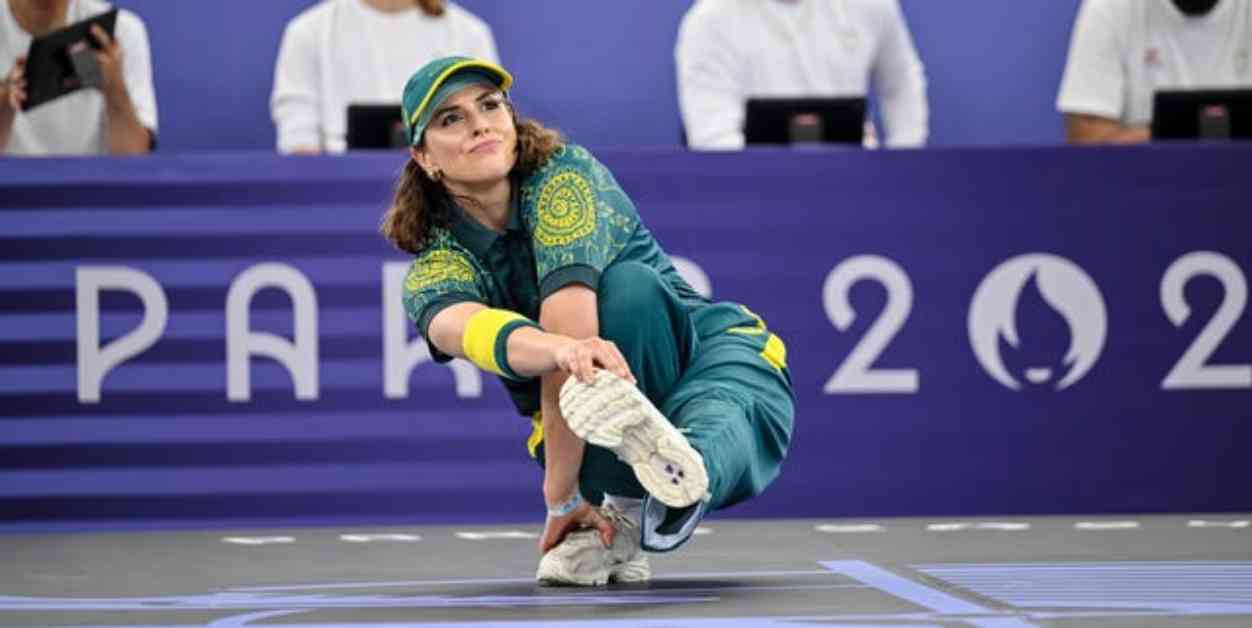At the 2024 Summer Olympics, breaking made its debut as a new sport, generating both excitement and controversy. Breaking, the professional form of breakdancing, showcased some of the best B-Girls and B-Boys in the world, including Australia’s Rachel Gunn, known as Raygun. Despite losing her three round-robin battles by a score of 54-0 and garnering attention for her unique moves, Raygun’s performance sparked a viral sensation. However, her participation in the Australian national team raised questions, leading to a petition with over 10,000 signatures calling for an investigation into her selection.
The future of breaking as an Olympic sport remains uncertain, as it is not included in the lineup for the 2028 Olympics in Los Angeles. While breaking enthusiasts hope for its return in the 2032 Olympics in Brisbane, the decision ultimately lies with the organizers. Claire Warden, a professor of Performance and Physical Culture at Loughborough University, believes that the inclusion of breaking in the 2024 Olympics brought a new audience to the sport and showcased its athleticism.
Despite breaking not being featured in the 2028 Olympics, there are several new sports that will be added to the lineup, including baseball, softball, flag football, cricket, lacrosse, and squash. Warden explains that the addition and removal of sports in the Olympics is a regular occurrence, with some sports being dropped while others are included. She points out that breaking’s origins in New York make its absence in the 2028 Olympics a disappointment, but she remains hopeful for its return in the future.
As for the petition against Raygun, Warden views it as uncharitable, emphasizing that every Olympics has athletes who represent their countries despite not having a chance of winning. She commends Raygun for using her Olympic opportunity to express her personality and carve her own path, even though she knew she wouldn’t win. Warden acknowledges the amazing athleticism of Raygun’s opponents but appreciates the smile Raygun brought to her face through her performance.
Looking ahead, breaking is expected to remain a vital part of other sporting events such as the Youth Olympics and the World Urban Games. The breaking community is optimistic about its return to the Olympics in 2032, and Warden shares this sentiment, expressing her hope to see breaking back on the Olympic stage. She emphasizes the importance of athletes like Raygun who bring their own unique flair to the competition, showcasing their personalities and resilience despite the odds.
In conclusion, breaking may not be part of the 2028 Olympics, but its future remains bright with continued participation in other events and aspirations for its return to the Olympic stage. Raygun’s story serves as a reminder of the diversity and spirit of athletes who compete on the world stage, inspiring others to embrace their individuality and pursue their passions.

















